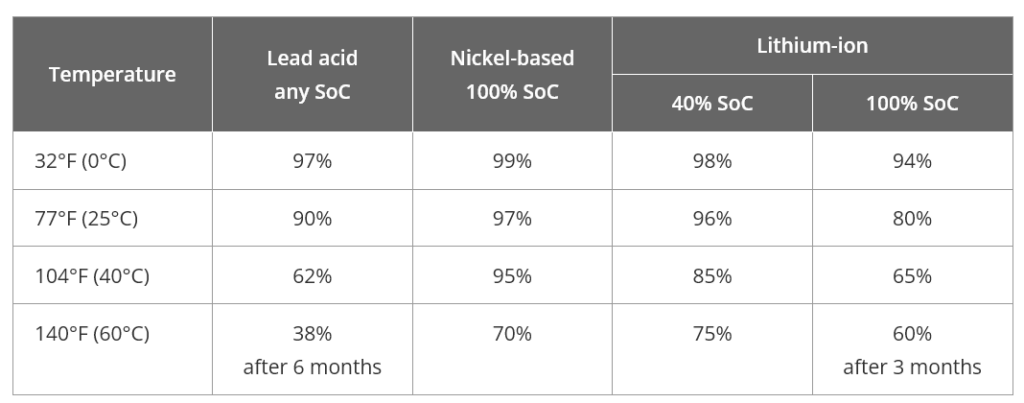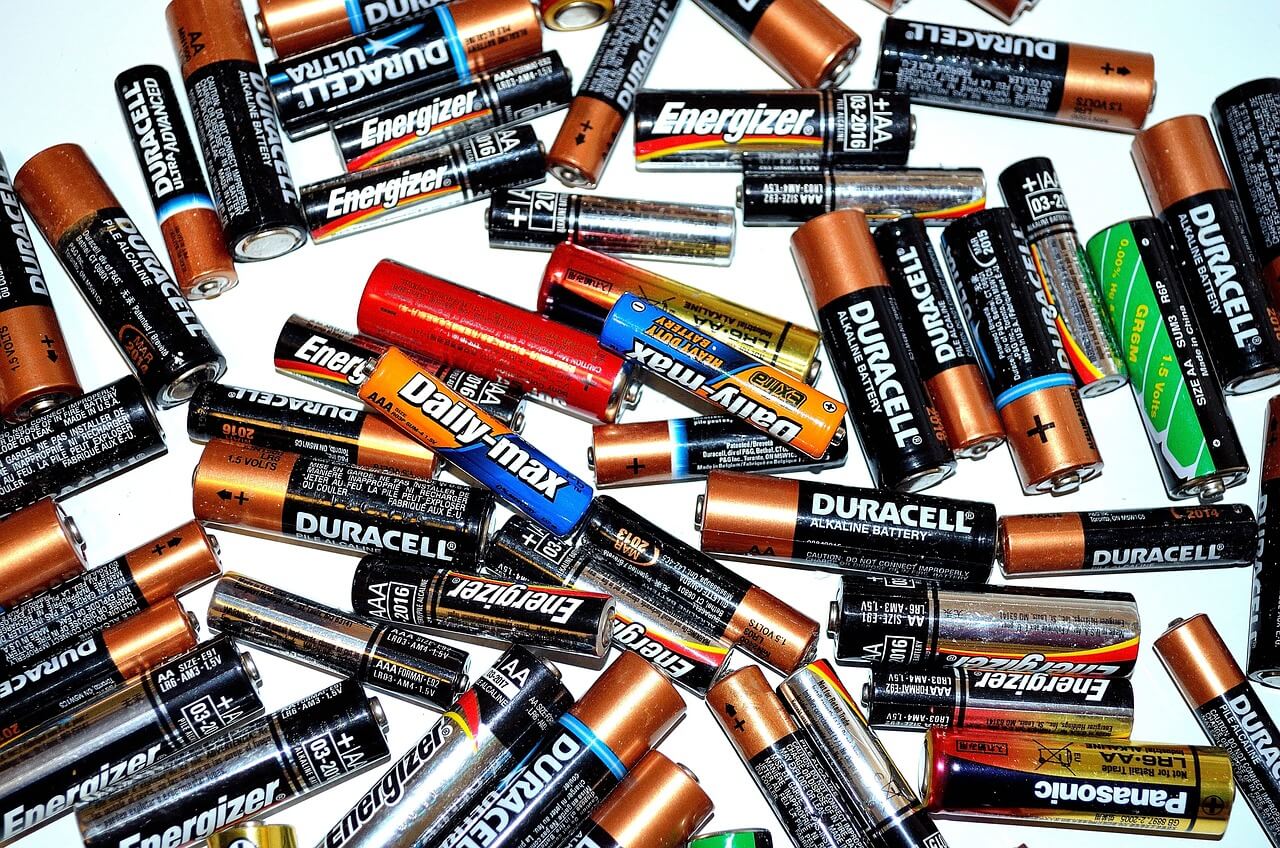“Do batteries expire?” – you ask yourself during spring cleaning, as you’re already shoving them in the drawer of rattling odds and ends.
Battery life and battery storage are two closely related concepts and the science is pretty clear – at least when it comes to charge cycles!
Let’s first take a look at the most famous battery brands, then we’ll talk about the elephant in the room: whether or not you should keep your batteries in the fridge!
How long do Energizer rechargeable batteries last?
The bunny was right – the Energizer batteries do last the longest. According to tests from Consumer.org, the Energizer disposable batteries last the longest of 13 brands and scored 88 on their rate card. What about the other bunny, the Duracell? The brand who first used a bunny to advertise scored 67 for the Duracell Alkaline. Yes, it’s a lot less than the Energizer battery but that’s around $4, and the Duracell around $1.
By contrast, the Panasonic Extra Heavy Duty disposable batteries scored just 17, which is a terrible battery life for $1 a pop.
What can you learn from this? Brand name isn’t an indicator of quality. This definitely extends to rechargeable battery life as well, although prepare to be surprised!
The best rechargeable batteries come from none other than Panasonic. Yes, Panasonic makes the worst disposable batteries but the best rechargeable ones – the Panasonic Eneloop.
This claim is made based on tests by both Wired, the leading tech outlet, and CNN. They found that the Panasonic Eneloop is the undisputed king.
How long do these rechargeable batteries last, depending on models?
“The Eneloop range comes in three flavors of AA and AAA batteries. The standard Eneloop batteries have a 1,900- or 750-mAh capacity, can be recharged up to 2,100 times, and retain 70 percent of their capacity after 10 years in storage. The Eneloop Pro has a 2,500- or 930-mAh capacity, can be recharged up to 500 times, and retains 85 percent of its capacity after a year in storage. The Eneloop Lite has 950- or 550-mAh capacity, can be recharged up to 3,000 times and retains 70 percent of its capacity after five years in storage,” says Wired.
Energizer says you can store NiMH batteries between 3 and 5 years at room temperature. They recommend that NiMH batteries are stored in a charged state and, when you want to use them, you’ll have to do a few charge/discharge cycles to obtain maximum performance.
It’s difficult to say if batteries expire, because the number varies wildly. You can put away your voltmeter, it won’t help you much if you want to determine a battery’s shelf life.
Energizer recommends you do the following if you want to test the battery lifespan of your rechargeable batteries:
“Due to their flat discharge profile and recharge ability, it is difficult to define a simple quality check for NiCd or NiMH batteries. For fully charged batteries, a battery tester which measures closed circuit voltage can be used as a general guide to determine if the battery is “good” or “defective”. A voltmeter which measures open circuit voltage is not a reliable method for evaluating rechargeable batteries and is not recommended for this purpose. The most accurate way to measure the performance of rechargeable batteries is to monitor time and operating voltage during controlled discharge.”
As someone who has spent way too much money on rechargeable Ikea batteries (and forgot them in a drawer for years), I think I’ll go with Eneloops for my next upgrade. Yes, somehow, even though most of my devices are wired, I still find myself compelled to hoard batteries like it’s ’99 and dad brought home a Walkman.
How long do rechargeable batteries last?
If you want to check out other brands and maybe find something a little more budget friendly, take a look at this excellent Wirecutter guide.
According to their extensive tests, most reputable rechargeable batteries can handle 1,000 charges and discharges before passing the ghost. As for batteries’ shelf life, if you find a deal and buy many, don’t put batteries in the fridge because it won’t help much.
Talking about people who put batteries in the fridge to keep them from expiring, expert BatteryGuy says this is one of those stories that has a great deal of myth, a little bit of fact and a generous sprinkling of confusion. Mostly, people who keep batteries in the fridge got this advice from people who used the antiquated zinc-carbon batteries. Those did benefit from being kept in the fridge but modern batteries don’t. Well, they do if they’re also lithium-based… hence the “confusing” part.
On Reddit’s popular AskScience forum, someone found that some batteries do benefit from cold temperatures, but ones much colder than what your fridge could provide.
“Zn-C batts keep better at lower temps, but: “Alkaline cells have long shelf storage life. After one year of storage at room temperature, cells will provide 93 to 96 percent of initial capacity. When stored for four years at 70°F (21°C), service of about 85 percent is still attainable. Storage at high temperatures and high humidity will accelerate degradation of chemical cells. At low temperature storage, the chemical activity is retarded and capacity is not greatly affected. Recommended storage conditions are 50°F (10°C) to 77°F (25°C) with no more than 65 percent relative humidity.” Typical household refrigerator temps are 1.5°C – 3.5°C, significantly below recommended storage temp.
Quote is from a Duracell Technical Bulletin.”
Here’s a comparison of battery capacity loss done by Microbattery.com, an important battery distributor.

Still, for average Joe’s battery storage purpose, I do think the junk drawer is still the best resting place. Ideally, we won’t need batteries anymore in the near future and we’ll cut down on this significant source of pollution.
Also read: Just What Is Ultra Thin Glass? Everything You Need to Know About This Incredible Material
Main image courtesy of PublicDomainPictures on Pixabay
Follow TechTheLead on Google News to get the news first.



















